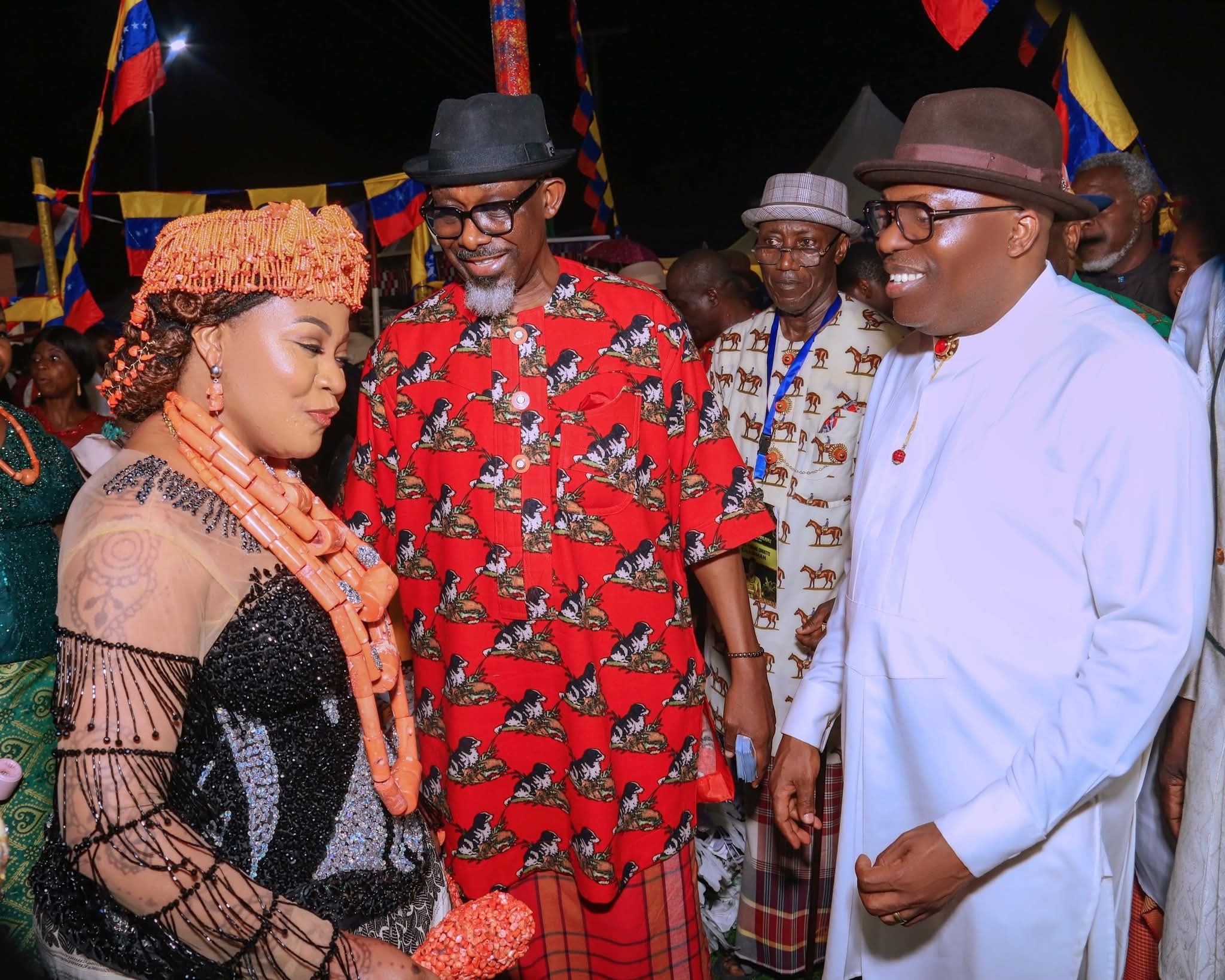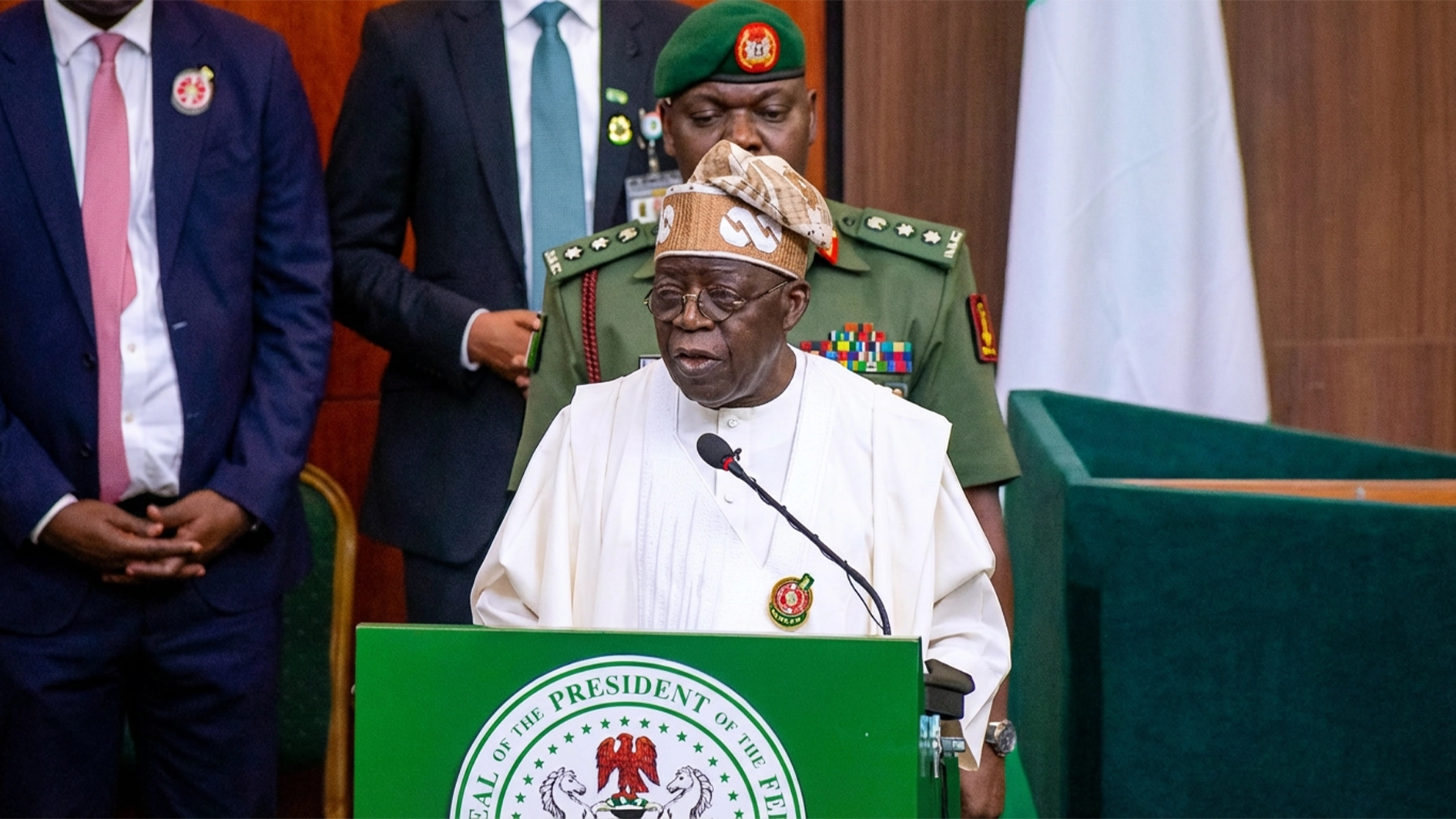The Social Democratic Party’s (SDP) presidential candidate in the 2023 election, Adewole Adebayo, in this interview with KEHINDE OLATUNJI, speaks on the unity of Nigeria and the need for a new set of leaders to strengthen that harmony as the country marks its 65th anniversary.
Do you think Nigeria is more divided today than in earlier years of Independence?
Nigeria is no more divided than in the early years of independence. On the contrary, Nigeria is more united now than it was when it gained independence. Nigeria is more united and less divided today than in the past. The sense of one Nigeria is stronger now. The majority of our population was born after independence, under this current system.
They have a sense of being called Nigerians and of belonging to Nigeria. I disagree with those who say that we are less united or more divided. I think they are wrong. It is clear that we are more united. But perhaps, because we are more disorderly and more cantankerous, which we all share almost in common, it gives people the wrong impression that we are divided.
We don’t fight over big issues anymore; we are just frustrated with one another. Many people are less relaxed than before, more dissatisfied than before, and less tolerant than before. The advent of social media and widespread access to public discussions have exacerbated feelings of grievances. But in truth, we are united.
The issues we quarrel about are common to all of us. It is not usually one section against another, or one class against the other. It is mostly people blaming each other for things they have in common, things which, in the past, people would not have been too bothered about.
In terms of unity, which means having a sense of belonging to one country, sharing a common identity, being ready to remain together, and taking it for granted that Nigeria belongs to all of us, I believe we are more united now than we were in the past.
What were the unifying factors that initially held the country together, and how have these been weakened or undermined over time?
The unifying factors that held the country together were essentially that we had a common hope to develop into a great nation and a shared determination to gain independence from Britain. I do not agree that these factors have been weakened. What has happened is that we have become more disappointed in one another over time and learned to blame each other for our inability to meet common expectations.
It was believed that the country would be more developed by now than it actually is. We hoped that Nigeria would be a giant on the global stage, a natural beacon for black people everywhere. Those hopes united people in pursuit of those goals. We still share those hopes, but we now have less discipline and less commitment to pursuing the ideals of our founding fathers.
This is not because we are not united; it is because we are often united in vices rather than virtues. We are united in trying to take more than we give, in demanding more of others than we give ourselves in accountability. So, it is not that our unity or unifying factors have weakened; it is that, generally, the moral, ethical, and psychological strength of the people is less assured than before. That is what makes people think that we are not united.
We are like a family travelling together that suddenly has a broken-down vehicle. Nobody is willing to take responsibility or admit they caused it. Each person blames the other. Nobody looks for solutions where they already exist, and people often refuse to accept another person’s suggestion. The arguments continue. But that does not mean the family is not united. They are still on the same journey, but they are less organised than they hoped to be.
So, yes, we are somewhat dysfunctional, cantankerous, disorganised, argumentative, and less responsible, but I do not think we are less united.
In your opinion, what are the likely dangers for Nigeria’s democracy and national cohesion if these fault lines are not addressed?
Since I don’t accept the hypothesis that we are less united, I also don’t accept the hypothesis that we were ever more united in the past. Our history does not bear that out. Therefore, I cannot identify any political, social, or economic issue that has created disunity.
What we have is a culture of blame games, which we often engage in. What we lack is strong, exemplary leadership. Once we have strong and exemplary leadership, it will quickly become clear that we are one body, one soul, one spirit, and one nation under God, as former President Shehu Shagari would say, “one nation, one destiny.”
I believe that achieving “one nation, one destiny” requires leaders who can provide moral, ethical, political, social, and charismatic leadership —a philosophical leadership that strengthens the concept of Nigeria, Nigerianism, and patriotism.
How can effective headship address the underlying issues of poor leadership and followership, and what qualities should leaders possess to unite and guide society towards a common goal?
Our major fault line as a country is poor leadership, which inevitably breeds poor followership, and both continue to feed off each other. It is like a topical depression feeding itself into a cyclone, a storm gathering momentum. Once we address the question of leadership, the biggest danger disappears. People without leadership are like sheep without shepherds, wandering aimlessly in the field. It creates the impression that we are not united, but in reality, what we lack is strong leadership to provide direction and a sense of purpose.
We want progress, we love each other, and we cannot do without one another, but to get to work, we need a foreman. Unfortunately, many of those who, in recent times, have been entrusted with leadership have not shown keenness for decisive governance. They have lacked the acuity, acumen, and humility to learn how to become better leaders.
Overall, it is a situation akin to a ship without a serious captain, a troop without a leader, or an army without a general. That is where we are today. But if you put us together under good leadership, the danger will pass away. What we need is leadership, leadership in thought, leadership in philosophy, leadership in morality, leadership in ethics, leadership in sacrifice, and leadership by example. We need leaders who will guide us out of the dungeon and point us toward progress.
In practical terms, what steps should the government, leaders and citizens take to rebuild trust and promote unity among Nigerians?
In practical terms, the first step is to overcome the psychological barrier of division and not give life to the fallacy that we are less united or more divided than we really are. Leaders must emphasise that while we have differences of opinion, differing expectations, and varying levels of tolerance, these do not amount to disunity. We need to debunk that misconception so that we are not misdiagnosed as a fractured society.
Leaders must speak directly to the people and lead by example. The National Orientation Agency (NOA) should be more proactive in highlighting the unity of our people. Unity manifests in many aspects of our lives. Despite differences in religion, Nigerians cross-worship. Despite cultural diversity, we intermarry. Despite varying economic interests, we trade and do business together. Even with regional and geographical disparities in comparative advantage, we collaborate in joint enterprises. These are all evidence of a shared identity and interconnectedness.
What leaders must do is to purify our behaviour, refine our attitudes, and eliminate the negative traits we have copied from one another or inherited from external influences. They must promote law and order, ethics and accountability, patriotism and sacrifice, tolerance and forbearance. Leaders must prioritise the welfare of the people before themselves, and they must nurture a new generation of leadership that citizens can trust and rely upon.
Our national motto is Unity and Faith, Peace and Progress. Unity exists, but faith in one another has been lacking. Without faith, peace becomes elusive, and without peace, progress cannot be achieved. Once we restore faith in one another, peace will follow, and with peace will come progress. That is my belief. God bless Nigeria, and happy 65th Independence Day to Nigeria and Nigerians.
What do you believe is the solution to Nigeria’s problems, and how does it differ from a revolution?
The current situation is not salutary for the average Nigerian. Yet, I do not subscribe to the idea that it calls for revolution. What we need is not violent upheaval but a democratic change of government that will bring about a change in policy. Even before 2027, I am more concerned about the present administration adjusting and improving its policies. Our problems are not insurmountable.
If anyone suggests a revolution today, my answer is no. We do not need an Arab Spring or any violent disruption. What we need is a more accountable government, more responsive leadership, and smarter management of resources. We need improvement over what President Tinubu is currently doing. He has made some efforts, but they are neither sufficient nor at the pace required to meet the needs of Nigerians. Importantly, nothing the government is doing is illegal, unlawful, or unconstitutional to justify a revolution.
Instead, we must continue to point out the weaknesses in policies and identify the gaps. For example, Nigeria needs a better tax regime and GDP growth of no less than 12 per cent if we are to meaningfully confront poverty. I have recommended, as Brazil’s Workers’ Party once implemented, that the government should invest in the people. Unfortunately, the 2025 budget does not reflect such investment. It resembles more of an Argentine-style slash-and-burn budget that excludes citizens from the economy.
The real wealth President Tinubu seeks through taxation lies in the creativity, energy, and intellect of unemployed young Nigerians. Therefore, we must design a budget that creates jobs and empowers young people. Once people are employed, there will be no appetite for revolution. Former Vice President Atiku or any other leader will not find willing followers for such agitation because Nigerians will be too engaged in productive work.






